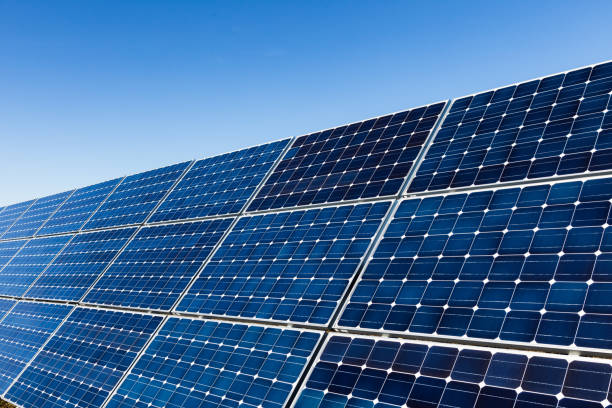As one of the world’s most populous countries with a rapidly expanding economy, Indonesia faces significant challenges in meeting its growing energy demands while also addressing environmental concerns. With its abundant sunlight and vast potential for solar energy generation, investing in solar panels presents a compelling solution to help Indonesia achieve its energy goals in a sustainable manner.
Abundant Solar Resources
Indonesia is blessed with abundant sunlight throughout the year, making it an ideal candidate for solar energy production. The archipelago’s geographical location near the equator ensures consistent solar irradiance, offering immense potential for harnessing solar power. From the densely populated urban centers to remote rural areas, solar panels can be deployed across the country to generate clean electricity.
Addressing Energy Poverty
Despite its vast energy resources, millions of Indonesians still lack access to reliable electricity. Rural and remote communities often rely on expensive and polluting fossil fuels for power generation, contributing to both economic and environmental challenges. Solar panels present a decentralized and cost-effective solution to address energy poverty by providing clean and sustainable electricity to off-grid areas, empowering communities and improving livelihoods.
Reducing Carbon Footprint
Indonesia faces environmental challenges, including air pollution, deforestation, and carbon emissions. The country’s heavy reliance on fossil fuels, particularly coal, for electricity generation exacerbates these issues. Transitioning to solar energy Indonesia can significantly reduce Indonesia’s carbon footprint by displacing fossil fuel-based power generation with clean and renewable energy sources. By embracing solar panels, Indonesia can mitigate climate change, improve air quality, and protect its natural ecosystems.
Promoting Economic Development
Investing in solar energy infrastructure creates opportunities for economic growth and job creation. The deployment of solar panels requires a skilled workforce for manufacturing, installation, operation, and maintenance, stimulating employment across various sectors. Moreover, by reducing dependence on imported fossil fuels, Indonesia can enhance energy security and allocate resources towards domestic renewable energy projects, fostering local industry development and innovation.
Government Support and Policy Framework
To realize the full potential of solar energy, supportive government policies and incentives are crucial. Indonesia has taken significant steps to promote renewable energy development, including the introduction of feed-in tariffs, tax incentives, and regulatory reforms to streamline the permitting process for solar projects. Continued government support, coupled with private sector investments and international partnerships, will accelerate the adoption of solar panels and drive the country towards a sustainable energy future.
Overcoming Challenges
While the benefits of solar energy are undeniable, Indonesia must overcome certain challenges to maximize its potential. These include grid integration issues, land availability for large-scale solar farms, and upfront investment costs. However, advancements in technology, innovative financing mechanisms, and collaboration between government, industry, and civil society can help address these challenges and unlock the full benefits of solar power.
A Brighter Future with Solar Energy
By harnessing its abundant solar resources, Indonesia can chart a path towards a cleaner, more sustainable energy future. Solar panels offer a reliable, cost-effective, and environmentally friendly solution to meet the country’s energy needs while reducing reliance on fossil fuels and combating climate change. Through strategic investments, supportive policies, and collective action, Indonesia can leverage solar energy to power economic development, improve energy access, and safeguard the environment for future generations.
